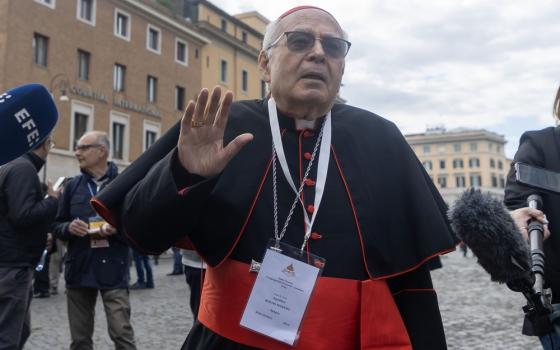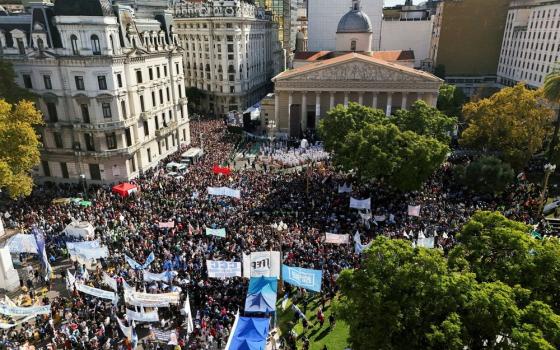A whiff of scandals is pouring forth from the Obama administration. If not dealt with forthrightly and transparently, they threaten to weaken the president’s hand at just the time when a strong hand is needed to address a host of important issues from immigration reform to overhauling the tax code.
The most recent scandal involves the Justice Department acquiring the phone records of reporters with The Associated Press. This is outrageous behavior. Ever since the Pentagon Papers, the law of the land has been clear: Government needs to let reporters do their job and any attempt to intimidate them is unconstitutional. It remains to be seen how high up the food chain knowledge of this attack on the First Amendment went, but however high it goes, everyone involved should be fired. Perhaps it is also time for Attorney General Eric Holder to think about another line of work. He may not have been involved in this case, but he doubtlessly hired the people and created an agency culture that permitted this to happen.
The second scandal involves the IRS “targeting” 501 (c) 4 organizations and barraging them with questions. This is a little murkier. The IRS is charged with enforcing the distinction between those organizations which properly claim tax exempt status because they promote social welfare and those which engage in political activity, which are not tax exempt. I suspect that the decision to check on groups that had the word “Tea Party,” or any reference to a political party, in their title is not, per se, wrong headed. It is reasonable to assume that some of these groups are partisan in nature and, therefore, not eligible for tax exempt status. But, this is a rule that must be enforced with more than a little sensitivity. First, the IRS really can ruin a person’s life. Second, any appearance of partisan partiality at the IRS could have an understandably chilling effect on the free speech rights of various political organizations. But, there is the difficulty: If the groups in question wish to assert that the enforcement actions could have a chilling effect on political activity, are they not admitting that they are political in nature, and not devoted “exclusively” to social welfare? And, yes, the statute employs the adverb “exclusively.” So, if there is evidence that the IRS agents involved were targeting these groups because of their ideology, that is terribly wrong. But, if they were targeting them because of the suspicion that they were partisan, that is what the law requires.
The law should be changed. I have written about the origins of the prohibition on political activity by tax-exempt groups, including churches. The prohibition came in a floor amendment in the Senate from then-Minority Leader Lyndon Baines Johnson who most definitely wanted to restrict the political activity of some opponents in Texas. There were no congressional hearings. Enforcement of the law has been spotty at best. Every election year, certain preachers challenge the law by explicitly, on the same day, preaching a partisan message from their pulpits. I happen to think that it is a bad idea for a preacher to focus on partisan politics in the pulpit, but it should not be illegal.
Finally, the fallout from the Benghazi attack last September continues to animate some members of Congress and certain more conservative pundits. This is a non-scandal, so far as we know. Several members of Congress, and their media echo chamber, have noted that the people on the ground in Benghazi said they knew from the first moment that the attack was unrelated to any protests. But, in the fog of war, the people closest to an event may have very valuable information, but they might not have the whole picture. It was reasonable for someone at the State Department or the White House to examine whether or not the protests in Cairo were linked with the attack in Benghazi. The embassy officials in Benghazi could not know how things were playing out in Cairo or if the protests had spread to other cities. Short of a smoking gun, which in the case would be some memo suggesting that the administration’s talking points be altered for political reasons, this scandal will die out at some point.
So, three scandals, one real, one murky, and one not really a scandal at all. But, all three are dominating the news coverage in a way that forces issues like immigration reform off the front pages. This administration is every bit as defensive as its predecessors. Like most administrations, it is largely staffed by eager, young, true believers, who are capable of making bad decisions. How the White House responds will tell us a lot about the President’s political skills. If his response is tepid, he can expect more of the same. If he gets to the bottom of all three situations and puts them behind him, he can move on to the important issues facing the nation. Everyone is watching.






